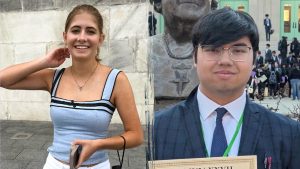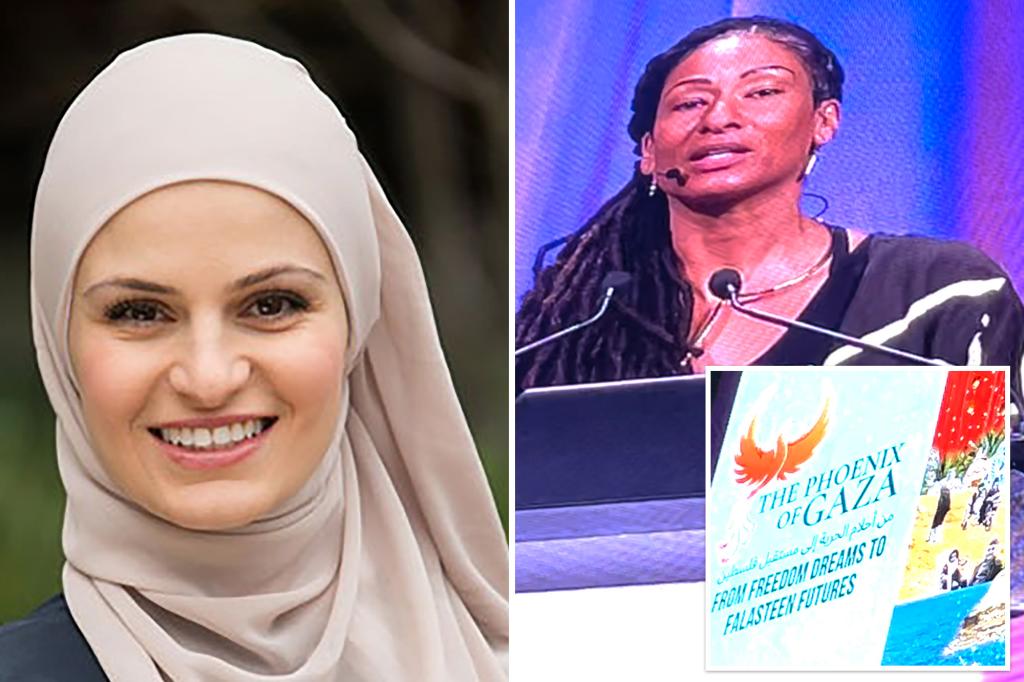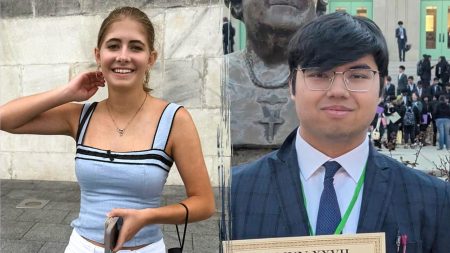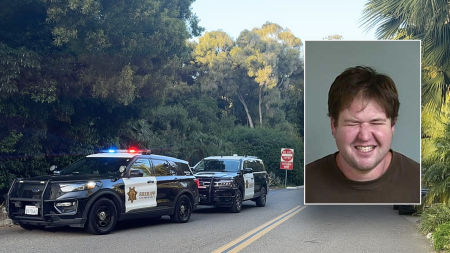The National Association of Independent Schools (NAIS) People of Color Conference, held in Colorado from December 4th to 7th, sparked outrage amongst parents and attendees, particularly those of the Jewish faith, who described the event as a “festival of Jew hate.” The conference, intended to foster equity and justice, featured speakers who allegedly propagated anti-Israel sentiments, characterizing the nation’s actions as “ethnic cleansing” and “genocide,” while downplaying the gravity of the Hamas attacks in October that claimed the lives of 1,200 Israeli civilians. Jewish students reported feeling unsafe and unwelcome, with some even resorting to concealing their Jewish stars amidst the charged atmosphere. The NAIS, representing 1,300 independent schools including some of the most prestigious institutions in Manhattan, organized the conference, which drew approximately 8,000 students and adults. Parents expressed deep concern over the potential indoctrination their children might face at these schools upon their return from the conference, highlighting a lack of transparency regarding the teachers and students who attended and the potential for continued dissemination of the divisive rhetoric within the school environment.
One of the key speakers, Dr. Suzanne Barakat, described Israel’s foundation as rooted in “ethnocentric superiority and a systemically racist framework,” linking the current conflict to the historical context of Jewish immigration to Palestine in the 19th century, which she labeled “ethnic cleansing.” Barakat’s presentation also included references to the far-left group Jewish Voice for Peace and recommended a book by a controversial author who had previously questioned his ability to resist participating in the Hamas massacre. This rhetoric, which presented a one-sided narrative and erased the experience of Jewish indigeneity, was met with intense criticism from Jewish attendees. One attendee, a teacher and diversity and inclusion coordinator, compared the experience to “being punched in the gut,” noting the absence of any recognition of Hamas’s actions beyond their being described as an “unprecedented assault.” The NAIS president, Debra Wilson, acknowledged the divisive nature of Barakat’s remarks in an email to school leaders, describing them as “unprompted and unexpected” and acknowledging the hurt and outrage felt by some attendees.
However, this apology was deemed inadequate by many, who pointed to the failure to explicitly address the antisemitism present in the conference discourse. The lack of acknowledgement of the underlying issue compounded the concerns of attendees, who felt the organization’s response fell short of addressing the gravity of the situation. The silence on “antisemitism” was particularly troubling, given that the rhetoric continued even after the apology was issued, demonstrating a deeper problem rooted in normalization of anti-Israel sentiment and a failure to recognize the harmful impact on Jewish students and staff. The widespread acceptance of these narratives within the conference setting further amplified the concerns about the pervasive nature of these viewpoints within the elite educational institutions represented at the event. The incident raised serious questions about the environment fostered within these prestigious schools and the potential for unchecked biases to influence the education and experiences of students.
The final day of the conference saw further controversy with a presentation by Princeton Professor Ruha Benjamin, who adorned herself with Palestinian colors and watermelon earrings, a symbol of Palestinian solidarity. Known for her vocal support of the anti-Israel Boycott, Divestment, and Sanctions (BDS) movement, Benjamin has faced scrutiny and investigation at Princeton for her activism. Her presentation, which included a slideshow depicting Gaza “before the genocide” and Israeli “oppression,” further exacerbated the existing tensions. Jewish students reported feeling increasingly unsafe and uncomfortable, with some noting that attendees stared at their Star of David necklaces following Benjamin’s remarks. The combination of Benjamin’s presentation and the earlier rhetoric created a climate of fear and alienation for Jewish attendees, many of whom decided to leave the conference early. This incident further underscored the sense of exclusion and hostility experienced by Jewish students and staff at the conference, raising serious questions about the efficacy of the event in promoting genuine inclusion and understanding.
The cumulative effect of these incidents prompted Jewish leaders to formally demand an apology from the NAIS and to call for stricter speaker selection procedures to prevent the platforming of “toxic rhetoric” in the future. The letter emphasizes the need for proactive measures to ensure that future conferences are truly inclusive and respectful of all attendees, rather than becoming breeding grounds for divisive narratives and harmful stereotypes. This call for accountability and concrete action highlighted the urgent need for the NAIS to address the underlying issues that allowed such a hostile environment to develop at the conference. The letter also underscored the importance of educating staff and students on the complexities of the Israeli-Palestinian conflict, moving beyond simplistic and often harmful narratives that contribute to a climate of fear and intolerance.
In response to the concerns raised by Jewish leaders, President Wilson committed to requiring full submission of all future presentations in advance for review, along with accepting the offer of these groups to serve as resources moving forward, particularly in preparation for a conference scheduled in February. This response, while a step in the right direction, still leaves concerns about the deeper issues at play. The incident exposed a significant blind spot within the “equity and justice” framework promoted by the NAIS, revealing the potential for such initiatives to inadvertently marginalize certain groups while focusing on others. The incident serves as a stark reminder of the importance of actively combating antisemitism within all educational and organizational settings and the need for ongoing dialogue and education to foster genuine understanding and mutual respect. This situation also highlights the crucial role of responsible platforming and the potential consequences of allowing unchecked bias and inflammatory rhetoric to permeate educational spaces.










